140m tall apartment tower planned for Shirokane
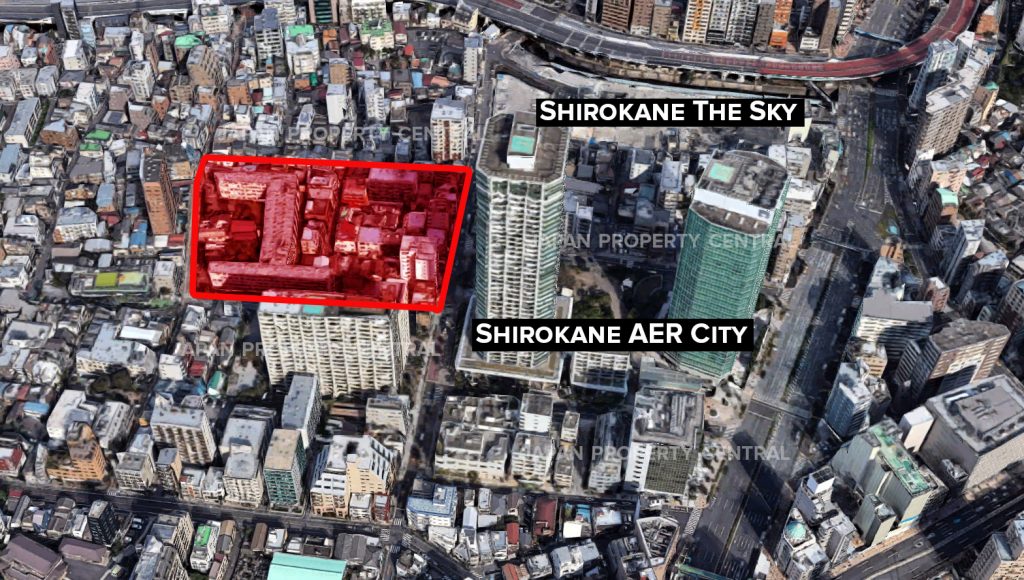
Tokyu Land Corporation has been chosen to lead the Shirokane 1 Chome North-Central Redevelopment Project. This will see a 140-meter tall, 900-unit apartment tower built on the western side of Shirokane AER City.
Shibuya Scramble Square East opens today
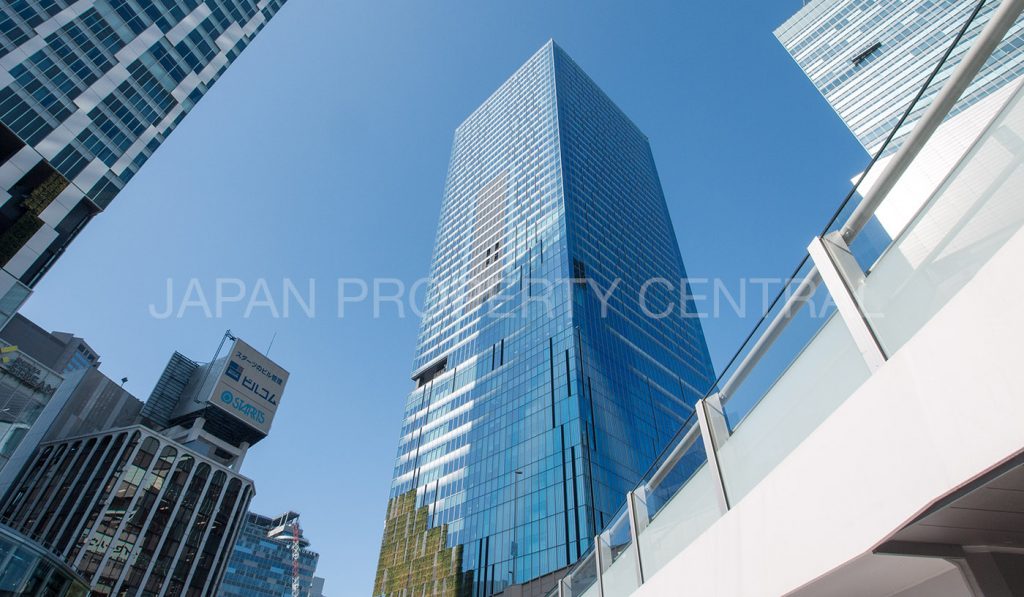
The 46-story Shibuya Scramble Square East Building officially opens today. At a height of 230 meters, this is now the tallest building in the Shibuya area.
Potential 26-story redevelopment of Shuwa Aoyama Residence
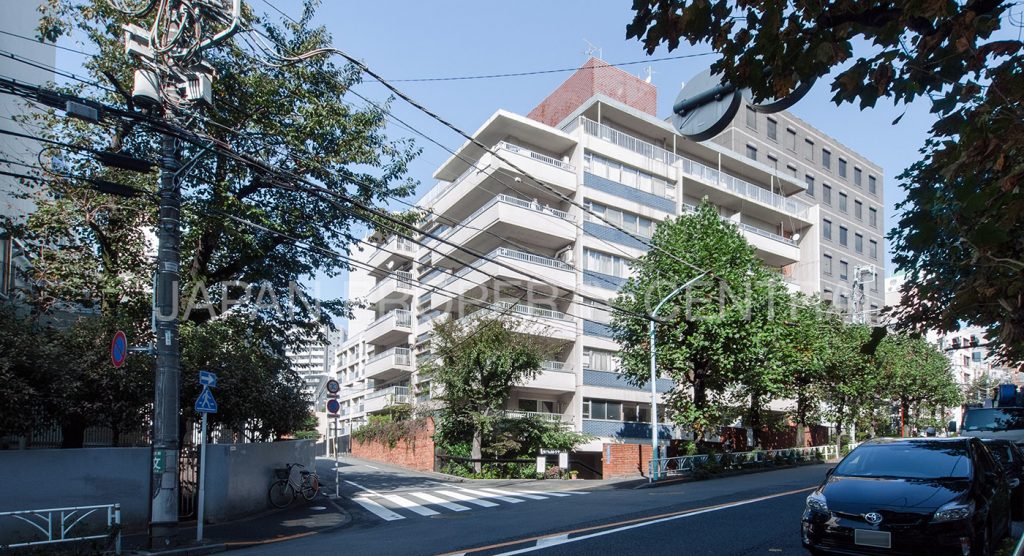
The homeowners association of the vintage Shuwa Aoyama Residence condominium near Shibuya Station is considering a potential redevelopment. The 8-story building was built in 1964 and has 77 apartments.
Onsen, retail and event space planned for Shimokitazawa Station area
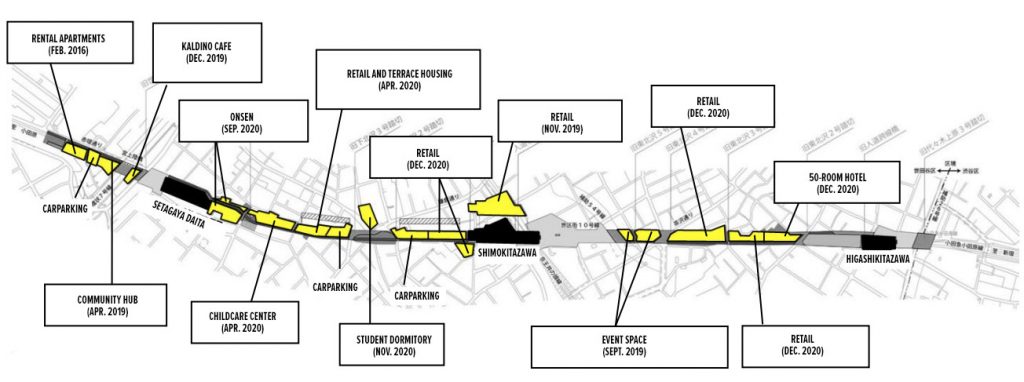
Odakyu Electric Railway has released their development plan for the newly freed space above the underground section of railway that runs between Yoyogi Uehara and Umegaoka Stations.
Multi-block redevelopment for Uchisaiwaicho
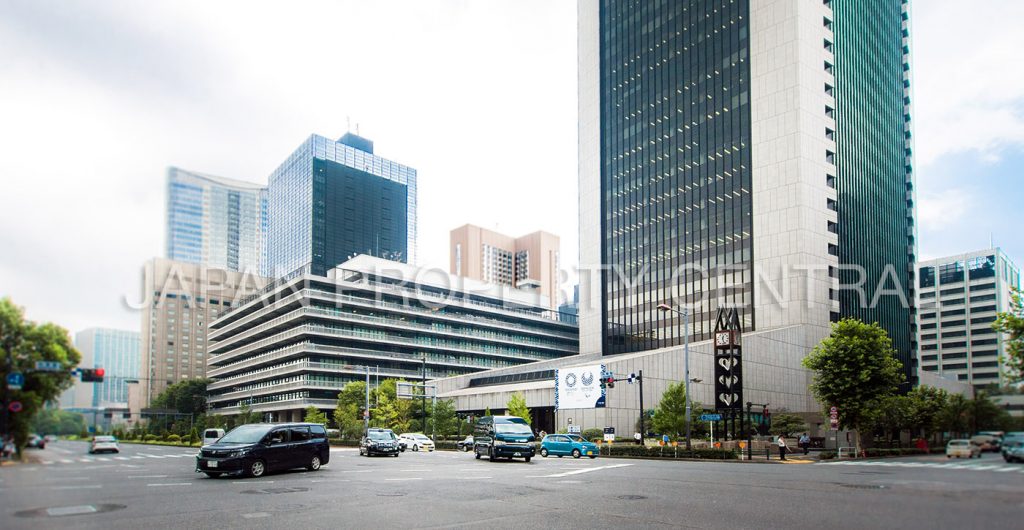
Three developers will soon embark on what is said to be the biggest post-Olympic redevelopment project in Tokyo. The redevelopment district includes the Imperial Hotel, NTT Hibiya Building, Mizuho Bank Uchisaiwaicho Building, and TEPCO Head Office Building.
Yokohama's modernist City Hall to be converted into hotel
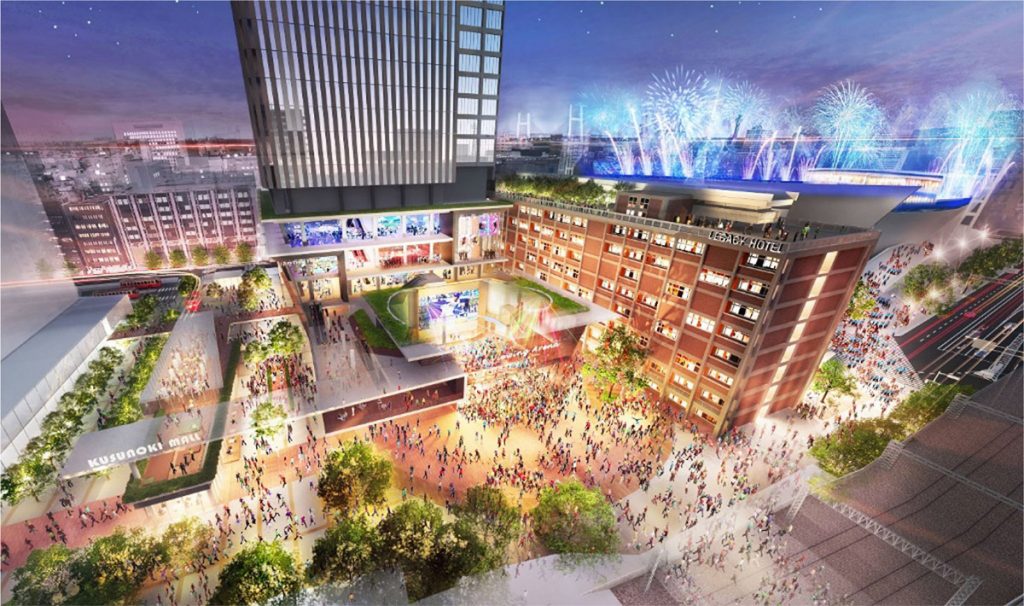
A leading example of modernist architecture in downtown Yokohama will be preserved and incorporated into a large-scale office and hotel project.
Tokyo's oldest ‘danchi’ apartment block to be redeveloped
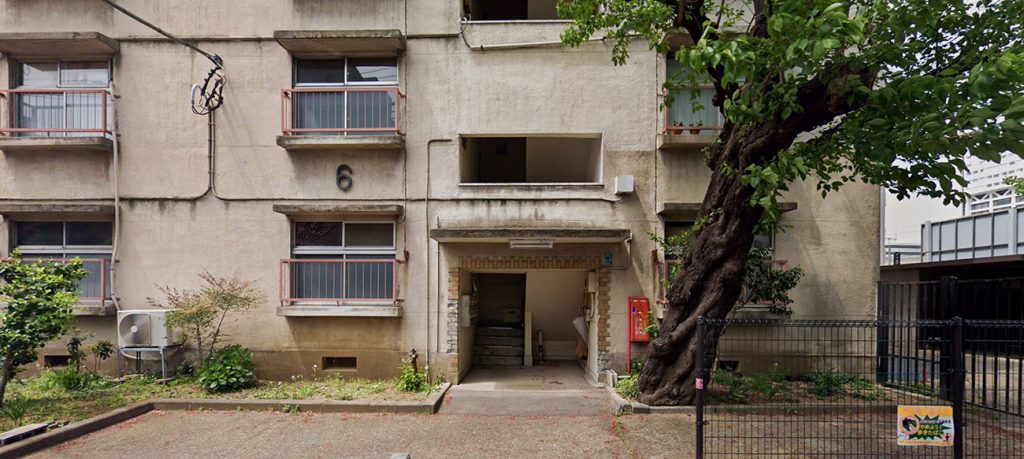
Possibly the oldest surviving public housing block in Tokyo will soon be demolished to make way for new housing for its residents. The Nakano Jutaku was built in 1951, just six years after the end of WWII. It also preceded the former Japan Housing Agency (now the Urban Renaissance Agency) that was founded in 1955 to address a severe housing shortage.
